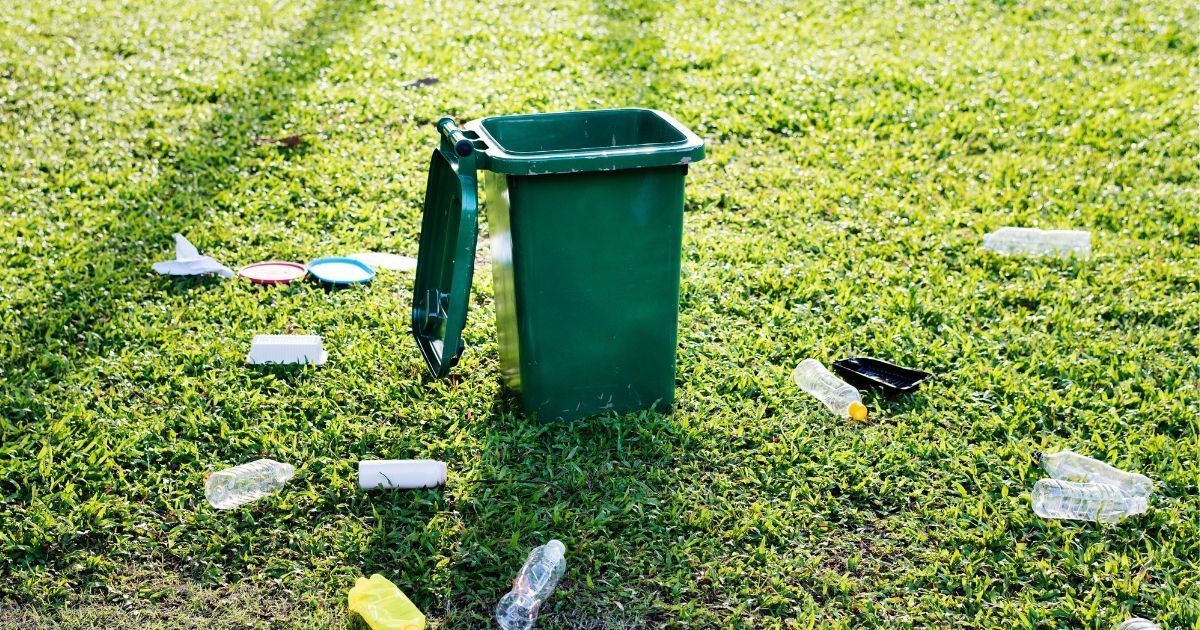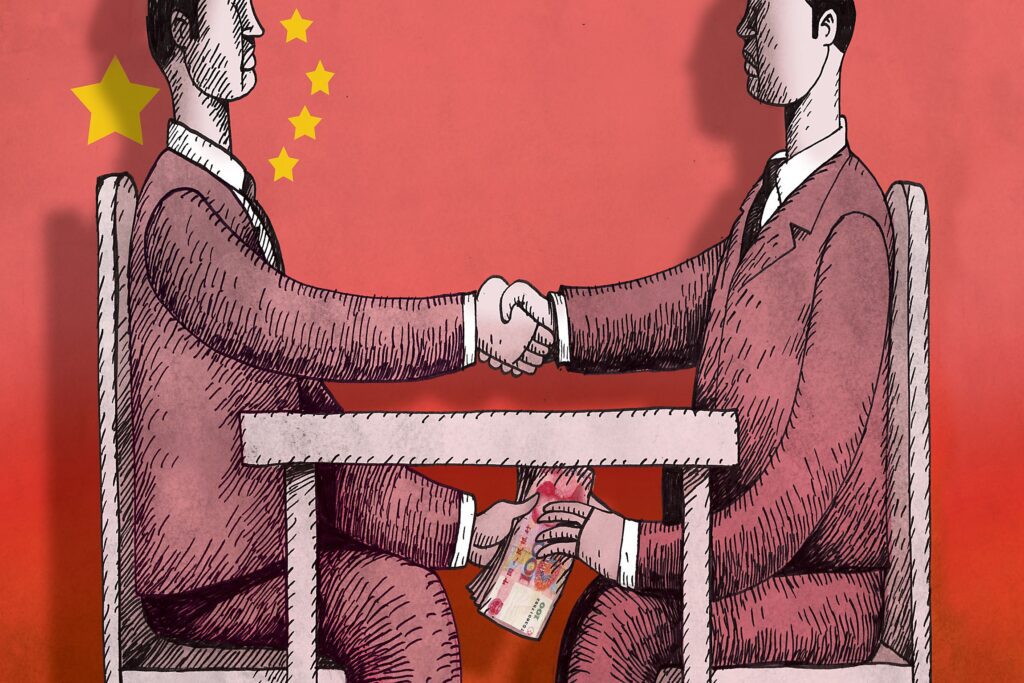Shanghai residents have entered a new era of recycling, as the city adopted its strictest garbage sorting measures to date. Coming into force on July 1st, the Shanghai Household Waste Management Regulations establishes new rules for sorting household waste and limits the use of disposable items in the hospitality sector.
Take a look at some of our previous articles: China Issues New Guidelines on Food Safety Standards
China is the world’s largest trash generator, producing over 200 million tonnes of household waste yearly. As this figure keep growing at double-digit rates year-on-year, China is expected to produce twice as much waste as the United States by 2030. In this article we have a look at the new regulations, their impact on various industries and their on-the-ground enforcement.
Garbage Sorting 101
“The growing demand of garbage disposal has imposed mounting pressure on Shanghai’s sustainable development,” Xiao Guiyu, deputy director of the Standing Committee of the Shanghai Municipal People’s Congress, told fellow lawmakers back in January 2019 when the new garbage sorting regulation was first unveiled.
To put things in perspective, here are some interesting facts about waste in Shanghai:
- Shanghai churns out around 28,000 tonnes of domestic waste every day
- The city’s main landfill facility in Pudong spreads over 30 sq. meters – about the size of Macau
- Shanghai residents’ garbage could fill the entire 420-metre high Shanghai Jinmao Tower in just 14 days
In light of these figures, it is easy to understand the urgency of streamlining the city’s waste management. Local authorities have pledged to raise awareness about garbage sorting among residents and educate them about proper sorting.
According to the new measures, waste should now be sorted into 4 categories.
Household food waste: all perishable domestic waste, including grains, meat, vegetables, sauces, dried food and fruits. Powdered food, pet food, household plants and flowers also belong to this category.
Hazardous waste: waste posing threat to public health, including light bulbs, batteries, medicine, paint cans, thermometers, photo films, poisonous substances.
Recyclable waste: includes newspapers, books, cardboard boxes, envelopes, foam plastic, empty beverage bottles, glass cups and bottles, metallic cans. Cooking pans and and tools, clothing, bags, bedding items should be thrown away in the recyclable bin,
Residual waste: Waste not falling into one of the above categories. Includes paper napkins, diapers, hair, bubble wrap, plastic wraps, expired cosmetic products, cigarette butts, dust, used towels and disposable dishware.
Failure to Recycle Results in Hefty Fines
The new law provides for harsh punishments against those flouting the city’s new recycling rules.
Over 600 fines were issued as domestic garbage management regulations came into force on Monday, July 1st. Last week, the Shanghai Urban Management and Law Enforcement Bureau published a notice detailing penalties faced by non-compliant individuals.
Specifically, residents violating the garbage sorting rules will first be given a warning and opportunity to rectify their mistake on-the spot. If they fail to rectify, they will face fines between 50 (USD 7) and 200 yuan (USD 30).
- Individuals caught mixing food waste with recyclable or residual trash will be fined 50 to 100 yuan if they are caught for the first time and refuse to rectify. The fines will double for repeat offenders.
- Similarly, first-time violators mixing hazardous waste with any other type of trash will be fined 50 to 150 yuan if they refuse to rectify. This amount will be lifted to 150 and 200 yuan if they are spotted a second time.
Companies across the city are not spared either. Enterprises can be fined up to 5,000 yuan (USD 725) for failure to have correct trash bins in place, and up to 50,000 yuan (USD 7250) in case of poor garbage sorting. Repeat corporate offenders will face a minimum fine of 30,000 yuan.
Impact on the Hospitality Sector
As part of the citywide efforts to become more environmentally friendly, hotels have also been asked to stop providing guests with toiletry sets. As a consequence, hotels will now have to pay up to 5,000 yuan if they are caught providing guests with disposable items. These include toothbrushes, combs, razors and shower scrubs. From now on guests will have to expressly ask for one or more of these items upon booking.
Impact on the Catering Sector
Finally, the Shanghai Household Waste Management Regulations also intend to curb the country’s fast-growing plastic waste burden. In fact, around 60 million takeaway food containers are thrown out every day across China — a harmful consequence of the country’s food delivery boom. To tackle this issue, regulators have urged restaurants and delivery services to stop providing disposable tableware unless customers specifically make a request upon ordering their meal.
What’s Next?
A “green revolution” just started in Shanghai and is set to spread quickly to rest of the country. A notice from the National Development and Reform Commission and Ministry of Housing and Urban-Rural Development on “The Implementation Plan of Garbage Sorting” published in 2017 aims to increase the recycling rate of major Chinese cities to 35% by 2020.
A pilot program is already in place in 46 major urban areas across the country. In addition, 21.3 billion yuan (USD 3.1billion) will be invested to build more waste disposal facilities nationwide by the end of the year. Furthermore, all cities at the prefecture level and above are expected to implemented compulsory garbage sorting by 2025.
In the meantime, we suggest that business owners familiarize themselves with the new garbage sorting standards to avoid any costly penalties.Interested in other business opportunities or want learning more about operating a business in China? Get in touch with our team for a consultation and follow us on social media to receive the latest news.
Our experienced team has the necessary expertise and the know-how to support you with your business – have a look at the services we offer.
Also, don’t forget to follow us on social media to receive all the latest updates!
See how much salary you receive after tax and check your company value without leaving WeChat!
Also, our Mini Program can estimate the salary in your industry, for your experience level and position. A huge help for salary negotiations!







